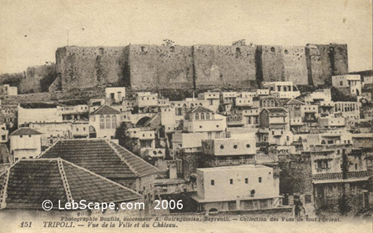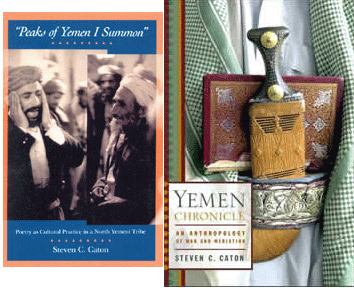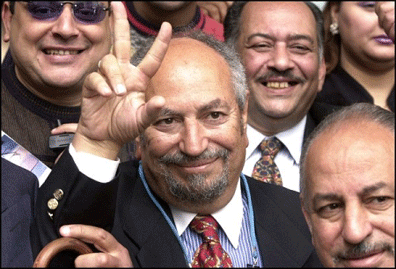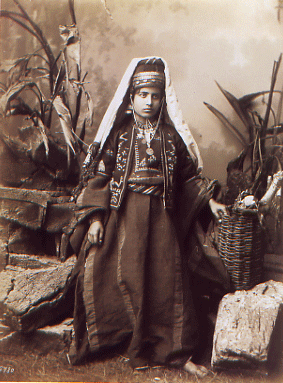
By: Aqeel Al-Halali, The Yemen Times, August 7, 2008
SANA’A, Aug. 6 – A leading Al-Qaeda figure in Yemen has threatened to execute armed attacks “at larger scales†if the Yemeni government doesn’t release his detained colleagues from prison.
This comes a day after a government announcement that it is interrogating suspects in the July 25th suicide bombing that targeted a camp in Hadramout governorate’s Sayoun city, 794 kilometers east of Sana’a.
In a taped recording, Yemeni Al-Qaeda leader Hamza Al-Quaity stated, “Your worries are our worries, your sorrows are ours and your grief is our grief. We’ll never forget you, Allah willing. As for you, oh [Ariel] Sharon of Yemen, [Political Security director] Ghalib Ba Gumesh, you’ll see how our colleagues will be freed from your prisons, Allah willing.†Continue reading Al-Qaeda’s war in Yemen




